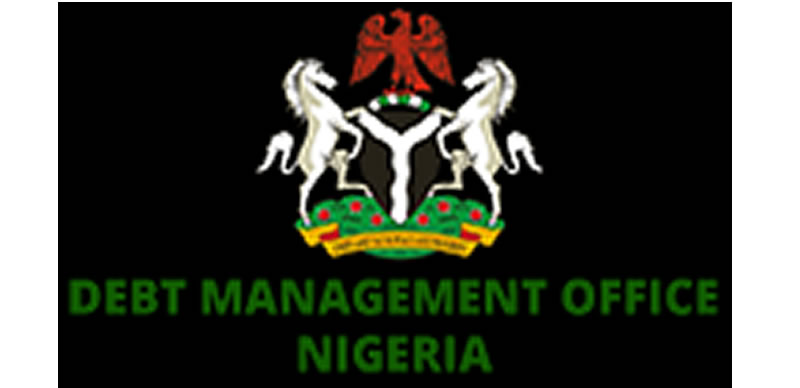Nigeria’s Green Bond Issuance: A Testament to Sustainable Finance and Climate Action
Nigeria’s Debt Management Office (DMO) has successfully concluded its third Sovereign Green Bond offering, raising a substantial N91.42 billion (approximately USD 197 million). This achievement underscores the growing investor confidence in Nigeria’s commitment to sustainable finance and its dedication to combating climate change. The oversubscription of the bond, initially set at N50 billion, by 183% reflects the strong appetite for ethical and environmentally responsible investments within the Nigerian capital market. This successful issuance not only strengthens Nigeria’s position in the global green bond market but also contributes significantly to the country’s broader sustainable development agenda.
The proceeds from this Green Bond will be strategically allocated to finance eligible green projects outlined in the 2024 Appropriation Act. These projects align with Nigeria’s Nationally Determined Contributions (NDCs) under the Paris Agreement, a global accord aimed at limiting global warming. These commitments represent Nigeria’s pledge to reduce greenhouse gas emissions and adapt to the impacts of climate change. The bond proceeds will further support Nigeria’s ambition to achieve net-zero emissions by 2060, a significant milestone in the country’s transition towards a cleaner and more sustainable future. The DMO’s strategic approach to green financing not only addresses environmental challenges but also fosters economic growth and diversification, ultimately contributing to a more resilient and sustainable economy.
The success of this Green Bond issuance can be attributed to several factors, including the DMO’s strategic planning, the growing awareness of climate change among investors, and the increasing demand for sustainable investment opportunities. The DMO’s robust framework for issuing and managing Green Bonds, which includes stringent project selection criteria and transparent reporting mechanisms, has instilled confidence among investors. The issuance also aligns with the broader objectives of the Federal Government, including the development of a green economy and promotion of investments in renewable energy, energy efficiency, and other climate-resilient infrastructure. The green bond’s strong performance highlights the growing recognition that investing in climate action is not just an environmental imperative, but also a sound financial strategy.
The oversubscription of the bond underscores a significant shift in investor behaviour, demonstrating a growing preference for investments that generate both financial returns and positive environmental impact. Investors are increasingly recognizing the long-term risks associated with climate change and are seeking opportunities to support projects that contribute to a sustainable future. This growing demand for green investments creates a virtuous cycle, encouraging further issuance of Green Bonds and accelerating the transition towards a low-carbon economy. The Nigerian capital market plays a crucial role in facilitating this transition, providing a platform for connecting investors with projects that address climate change and promote sustainable development.
The DMO’s consistent efforts in developing the domestic capital market and providing long-term funding for environmentally sound projects have been instrumental in attracting investor interest. By offering attractive investment opportunities that also align with national sustainability goals, the DMO is successfully mobilizing domestic and international capital for green initiatives. The DMO’s leadership in the green finance space further strengthens Nigeria’s position as a pioneer in the African green bond market. This success sets a positive precedent for other African nations looking to leverage sustainable finance instruments to address climate change and achieve their development objectives.
The collaboration with reputable financial institutions, Chapel Hill Denham and Stanbic IBTC Capital Limited, as financial advisors, book runners, and issuing houses, contributed significantly to the successful execution of the Green Bond transaction. Their expertise and market reach ensured a wide distribution of the bond and attracted a diverse range of investors. The partnership between the DMO and these financial institutions underscores the importance of public-private partnerships in driving sustainable development initiatives. This collaborative approach effectively leverages the strengths of both public and private sectors to mobilize resources and achieve shared sustainability goals. The DMO’s commitment to transparency and adherence to international best practices in green bond issuance has further enhanced investor confidence and contributed to the overall success of the program.


